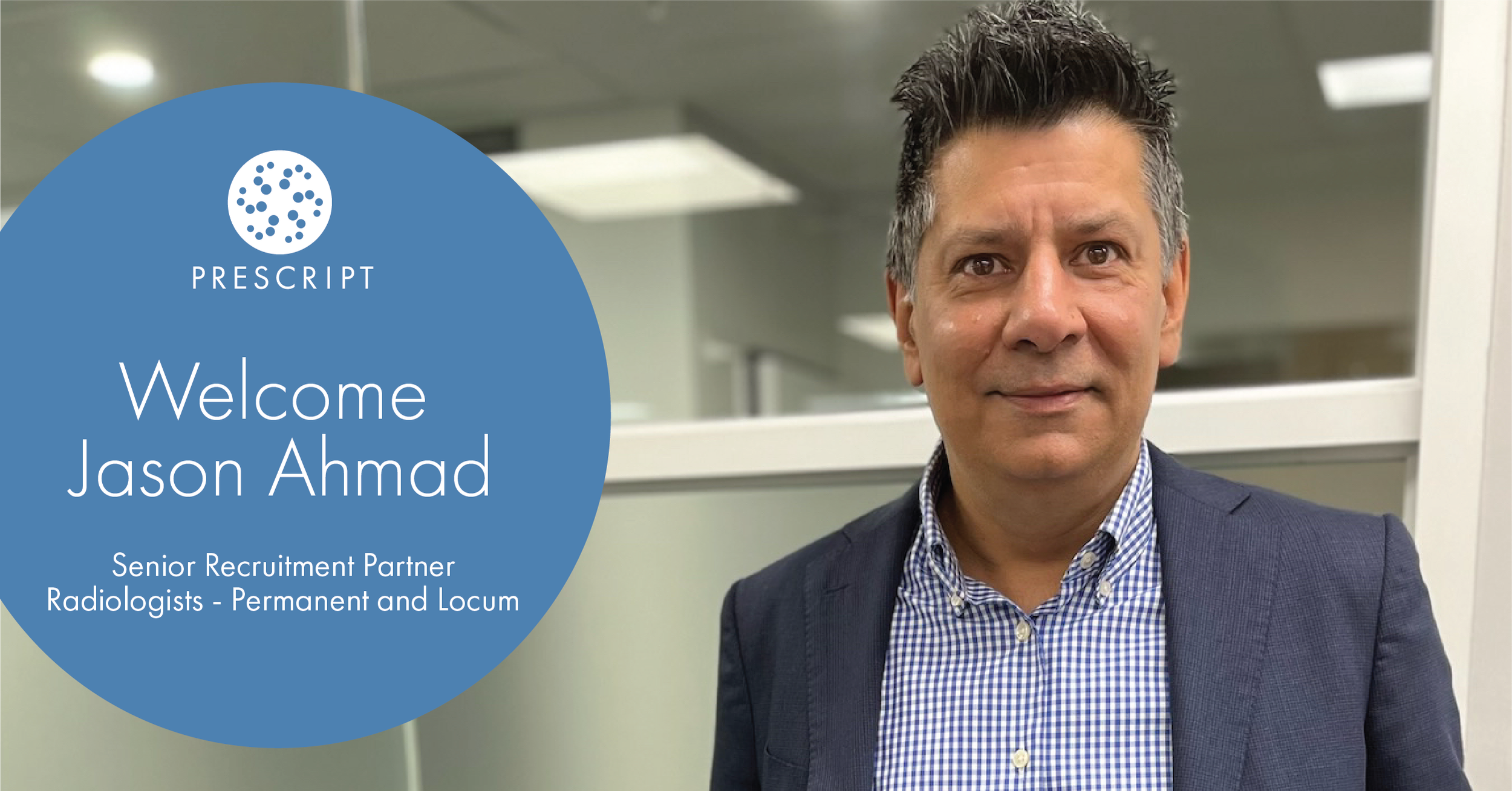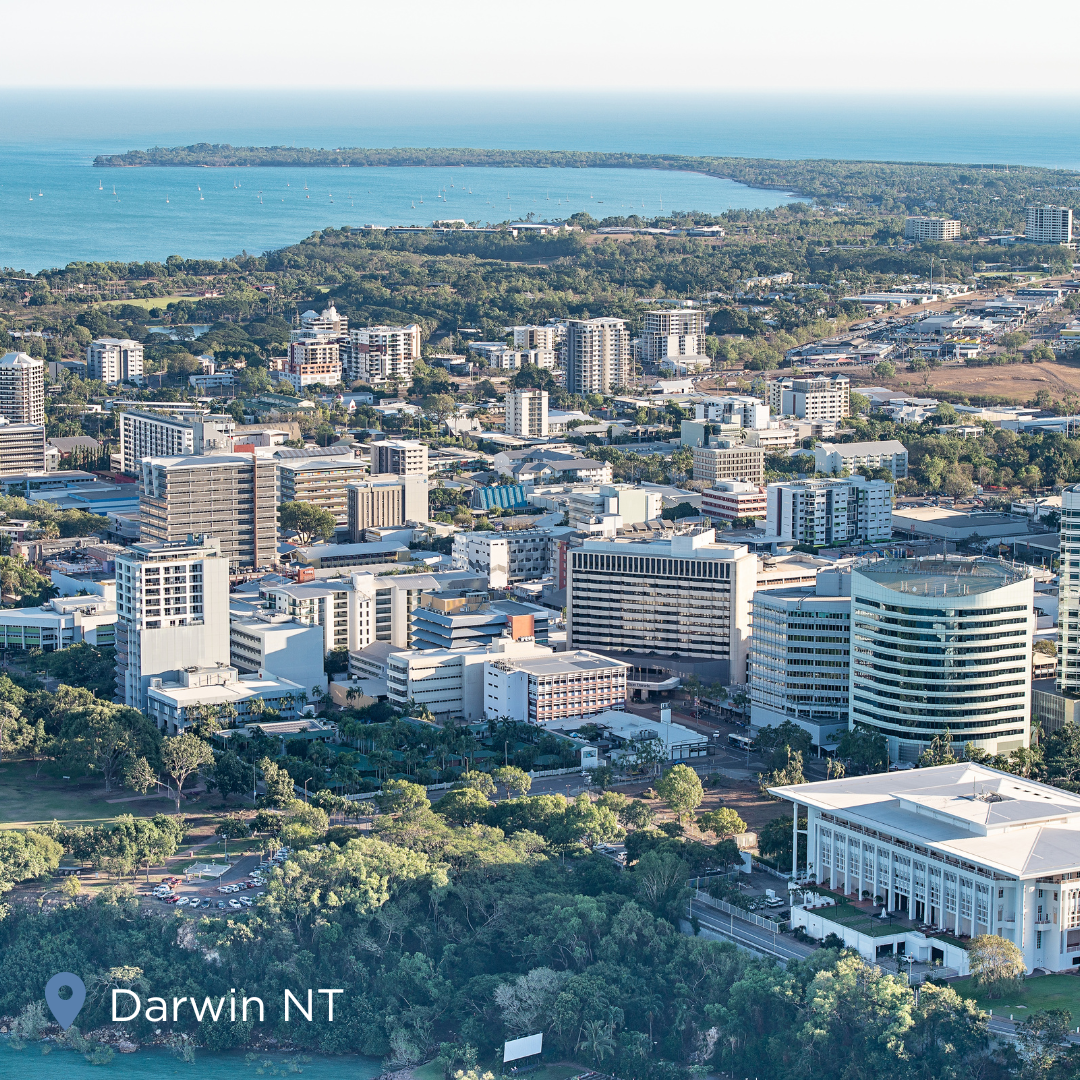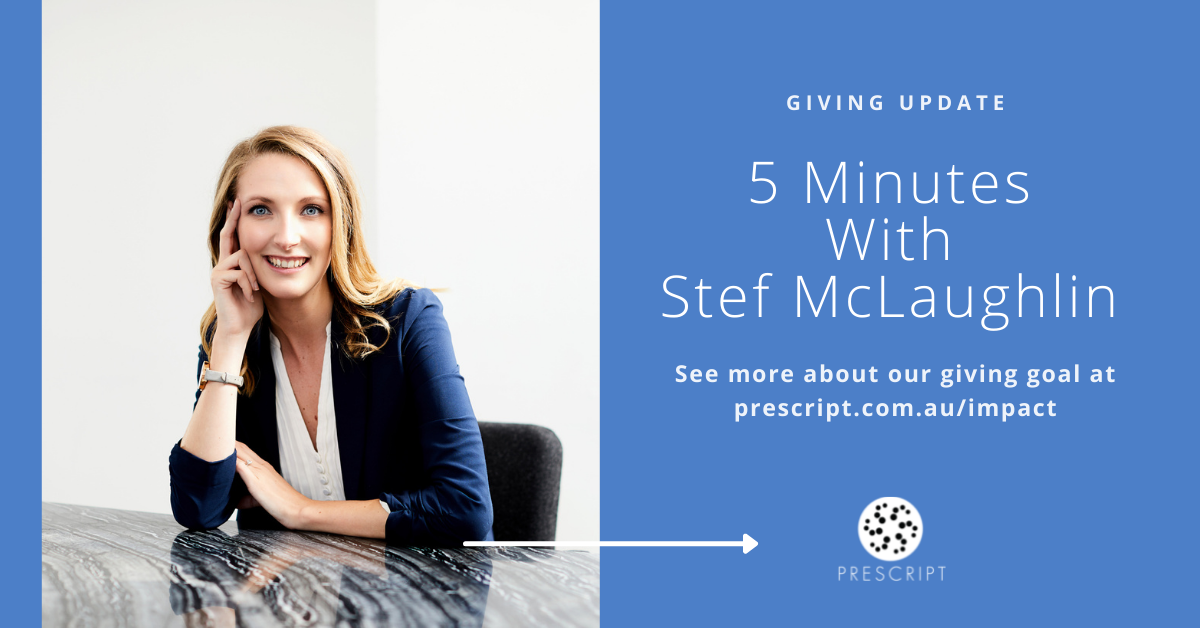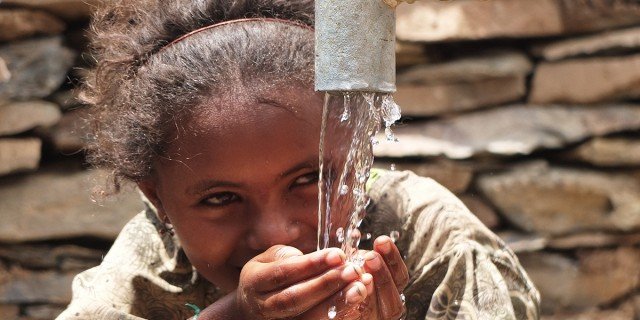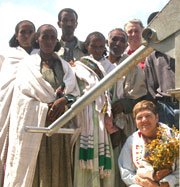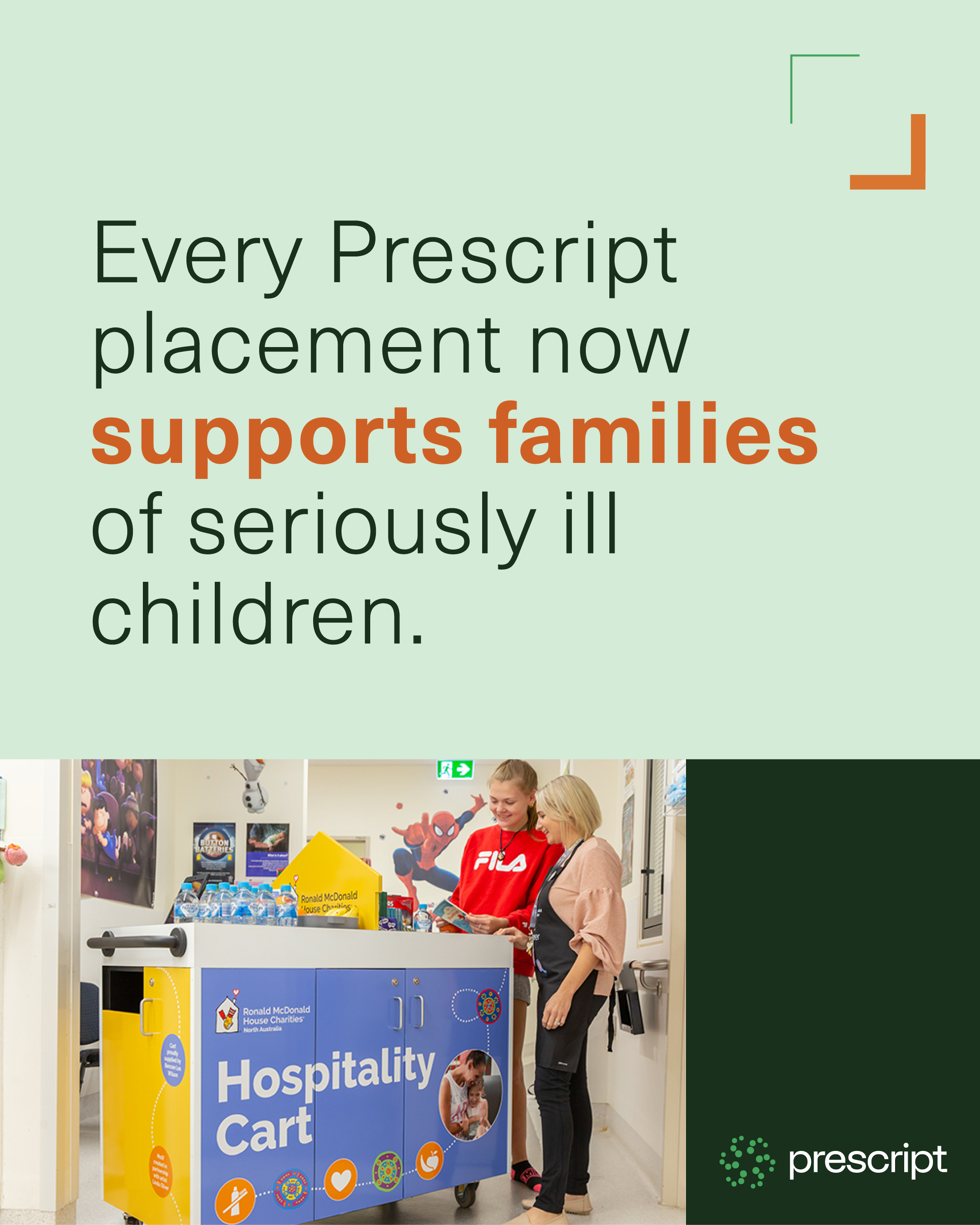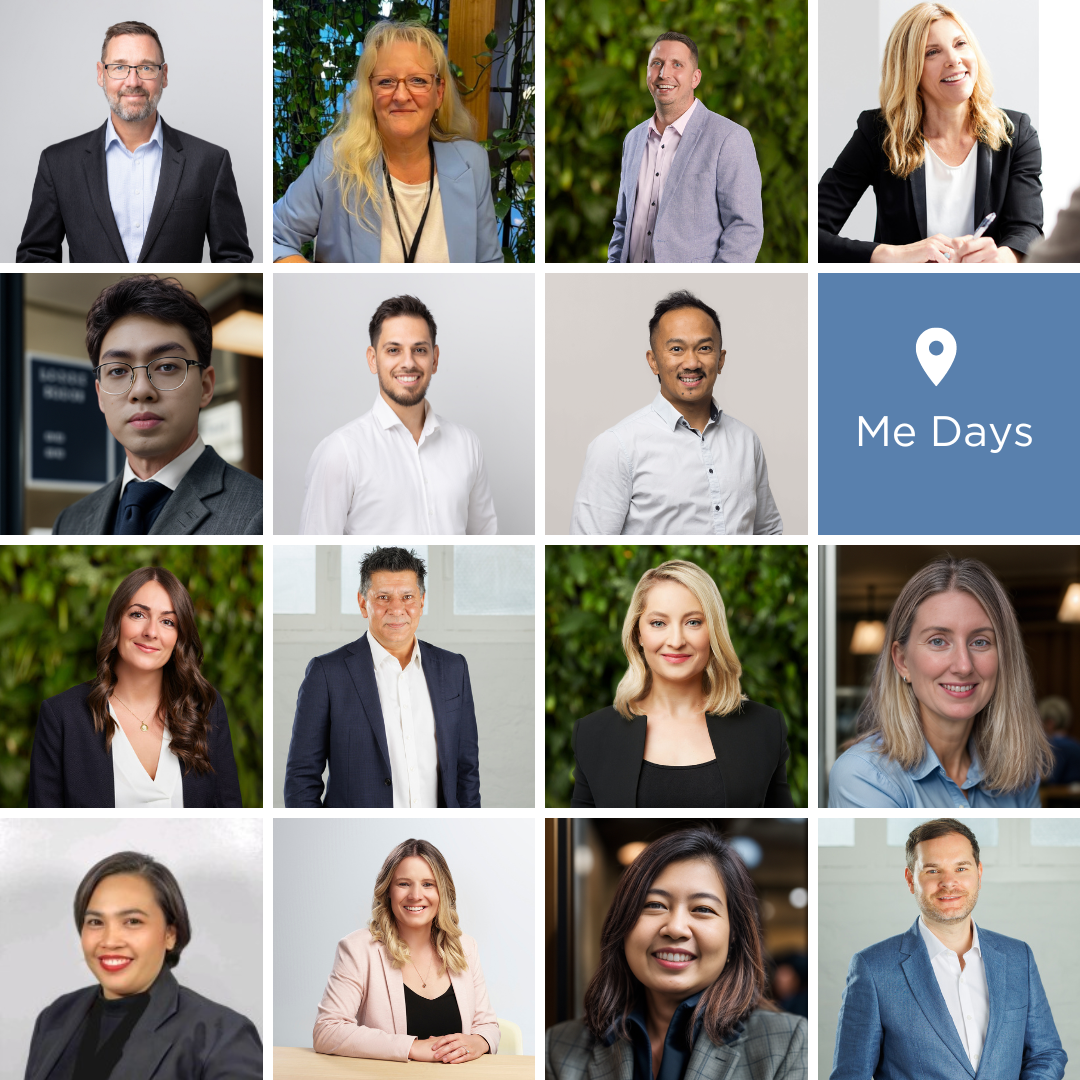This International Women’s Day 2025, we honor the significant contributions of women in medicine by featuring formidable women like Dr. Sabei Shwe, a Consultant Geriatrician whose commitment to caring for the elderly is profoundly inspiring. These conversations provide us with a deeper understanding of the personal and professional lives of women who are driving change in the medical field.
Join us as we explore the enriching story of Dr. Sabei Shwe, whose dedication to geriatric care highlights the evolving needs of our ageing population and the pivotal role women can play in meeting these challenges within the healthcare system.
1. What inspired you to pursue a career in medicine and how did you navigate your journey to becoming a Geriatrician?
Helping sick people, and particularly the older population, has always been my passion.
I chose medicine because it is science-based, never boring, involves dealing with life and death, is challenging and stressful, yet full of rewarding experiences.
I was specifically drawn to geriatrics because I grew up with my grandparents and realised they needed a multidisciplinary team approach.
With the ageing population growing here in Australia, I knew there would always be a need in this area.
I find it incredibly rewarding to see an elderly person go through rehabilitation and be able to return home.
2. What qualities do you believe are essential for women in medical roles?
Passion, commitment, and dedication.
It's important to know your own limits, from which you can prioritise and delegate effectively.
Maintaining a work-life balance is essential to preserve your productivity and avoid stress or burnout.
3. What changes would you like to see in the healthcare industry to better support women?
I would like to see male counterparts supporting women, especially those with young families, by being understanding and supportive when they need to take sick and personal leave.
There needs to be a better understanding of women's lives beyond work.
Flexibility is crucial.
This is particularly important for junior female doctors with young families.
4. Who have been your biggest influences or mentors throughout your career?
Professor Barbara Walkman, who is now retired, was the Head of Geriatrics at Monash Health. She was very nurturing and mothering, had excellent leadership skills, and was a huge support to females both in and outside of work. She was the reason the Monash Health department was such a friendly environment. Working with her was a great example.
5. What advice would you give to young women aspiring to pursue a role the healthcare industry ?
Be persistent; there will be barriers and challenges, especially when you have children.
Believe in yourself.
Know your limit so you can have your own time and look after your well-being.
6. What can our male allies do to uplift women and advance equality in the workplace?
Workshops are highly effective. Monash Health, before COVID, used to run wonderful workshops specifically for women. These workshops covered a variety of topics including leadership, education, tips for balancing work-life balance, communication skills like how to communicate with men across different hierarchies, and skills to change the culture in the workplace. They were composed of experts, doctors, and motivational speakers. She found them very useful and believes they are a great way to support women in the workplace.
Dr. Sabei Shwe's career is a beacon for the necessity of dedicated care for the elderly and the powerful impact of women in specialised medical fields. As we celebrate International Women's Day, her journey is a powerful reminder of the strides we've made and the opportunities that remain in creating a more inclusive and supportive healthcare system.
Get inspired by more stories of incredible women making significant impacts in healthcare. Click the links below to read further interviews and join the conversation.
